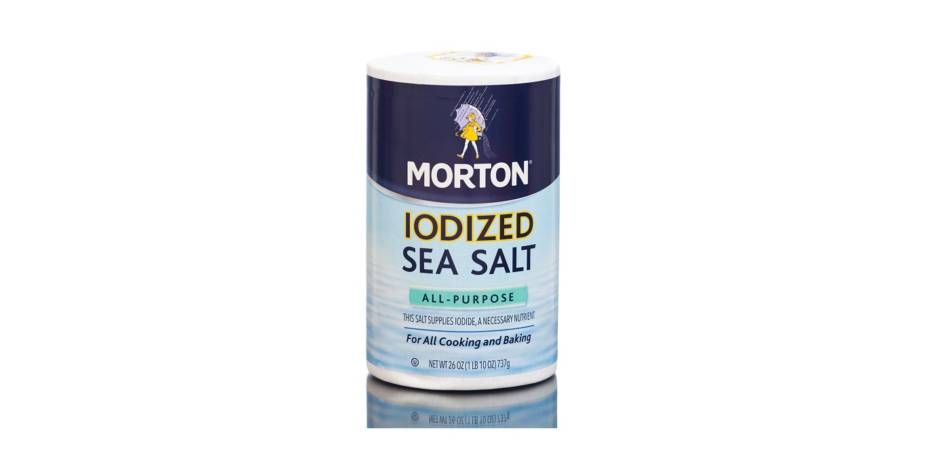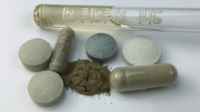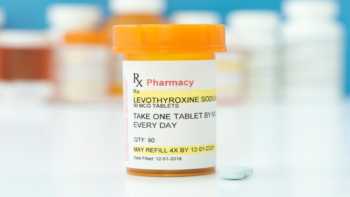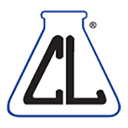
Answer:
Although uncommon, certain individuals who are sensitive to iodine can develop acne breakouts, rashes, or other skin reactions when consuming iodine from iodized table salt (specialty salts such as Himalayan salt are typically not iodized) or supplements such as certain multivitamins and kelp supplements. For more about this, and other potential side effects and drug interactions with iodine-containing supplements, see the Concerns and Cautions section of the Kelp Supplements Review.
People who are sensitive to iodine should be aware that iodine may be present in products that you may not expect, including certain protein and meal replacement powders and shakes, nutrition bars, greens and whole foods supplements, and even some probiotic supplements and menopause products.
Iodine is essential for healthy functioning of the thyroid gland which, among other things, controls the body's metabolism, and, during pregnancy and infancy, influences bone and brain development.
Be aware that taking very large doses of vitamin B12 can cause outbreaks of acne -- even in older people.
Join today to unlock all member benefits including full access to all CL Answers and over 1,400 reviews.
Join NowAlready a member? Sign In Here.
Join now at www.consumerlab.com/join/









Jane10141
April 12, 2018"Iodine (I2) is present in sea water, but not in sea salt. Why? Because it is volatile; it evaporates during the drying of the salt. In order to obtain iodized salt, potassium iodide (KI), which is much less volatile than pure iodine, must be added. Potassium iodide also has the advantage of having a less-pronounced taste and does not modify the colour of the salt (iodine varies in colour from violet to brown).
Iodized salt, the first functional fortified food, appeared in America in 1924 (it had already been in existence in Switzerland), to compensate for iodine deficiency, which used to be very frequent." This is from a Sep 2017 blog/magazine on NewRootsHerbal.com. NRH is a reputable supplements company. It has been surmised that the popularity of exotic salts which are not iodized will again produce iodine deficiencies. I have also read that all salt is sea salt, even if after a million years it is no longer near any sea.
 ConsumerLab.com
ConsumerLab.com
April 12, 2018Hi Jane - You are right that sea salt, as well as Himalayan salt, is not a good source of iodine. This is discussed in more detail toward the bottom of our answer found here: https://www.consumerlab.com/answers/what-are-the-health-benefits-and-safety-of-himalayan-salt/himalayan-salt-specialty-salt/.
Reply to this post…
John10140
April 01, 2018why Himalayan salt if it is not iodized? Should be the opposite.
Reply to this post…